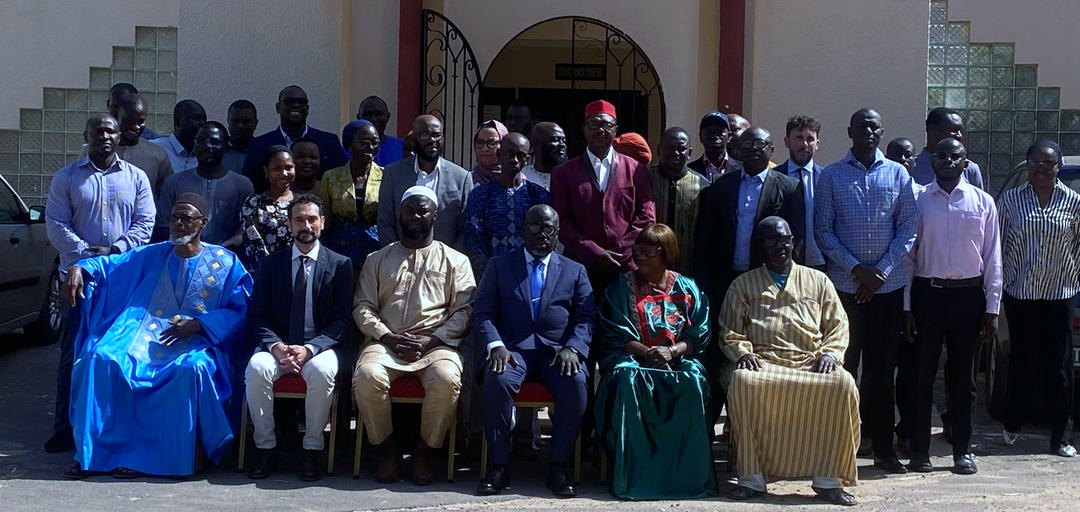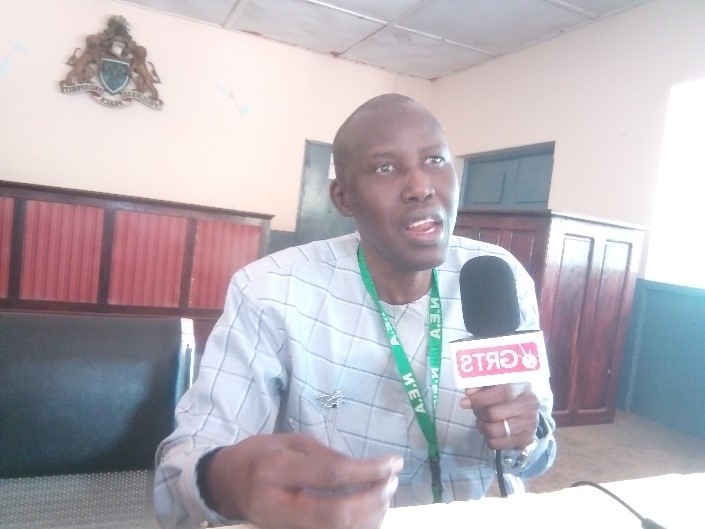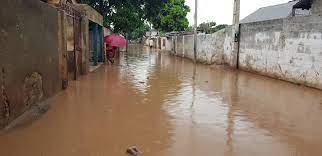By: Nicholas Bass
The Ministry of Environment, Climate Change and Natural Resources (MECCNAR), in partnership with the West Africa Coastal Area (WACA) project, brought together participants from across the country to validate the 2025 Gender and Climate Change action plan.
Speaking at the validation meeting at Bakadaji Hotel, Mansanneh Landing Ceesay, a representative of WACA project’s coordinator, disclosed that WACA felt honoured to support the nation through a transformative consultancy which, according to him, was a demonstration of WACA’s shared dedication in tackling climate change issues alongside gender equality and social inclusion advancement.
The action plan development marks an important achievement for The Gambia as it moves toward constructing a sustainable future that includes everyone. This plan combines climate action with gender-responsive strategies to guarantee that all communities benefit from our resilience efforts,” Ceesay highlighted.
Ceesay, however, stated that MECCNAR and the Ministry of Gender, Children and Social Welfare (MoGCSW), together with consultants and every stakeholder in The Gambia, deserve recognition for their hard work, adding that their efforts resulted in the completion of the action plan.
”Your commitment, together with your partnership, has established a solid base for substantial advancement. The WACA Project will support such initiatives because they strengthen communities while safeguarding vulnerable ecosystems and promoting fair development throughout the region,” Ceesay stated.
He emphasized that this year’s validation of the action plan will strengthen mutual commitment between WACA and The Gambia, noting that such translated strategies into practical actions that will help The Gambia’s most vulnerable people.
Speaking on behalf of the minister of gender, children and social welfare, the Director of Gender Equality and Women Empowerment, Mariyann G. Jabang, commended WACA for such an initiative, stressing that such was in line with the Ministry’s mission in contributing to meaningful development in The Gambia through the principle of equity, inclusiveness and equality, protecting the rights of women and children.
She stated that the WACA project will support in the integration and protection of vulnerable individuals, noting that the groups that are excluded groups including people living with disability through appropriate policies, strategies and adequate resources will also be integrated into the project.
”This occasion, therefore, signifies the great importance that the Ministry and its partners places on the socio-economic role that women continue to play in climate change, water and fisheries sector because gender equality and women’s economic empowerment is central in the transformation climate smart value chain as it is not only a matter of advocating for their needs but also a precondition for sustainable development; which are drivers of poverty reduction and social integration,” stated Mrs. Jabang.
She explained that when women and men are equal in tackling climate change and thriving in climate smart environs, the environment, fisheries and water economies will grow faster which according to her more women will be lifted out of poverty and the overall wellbeing of societies will be enhanced.
According to Mrs. Jabang, Gambian women have always had a strong stake in a coastal area, mainly in the fisheries and water sector, noting that such requires identifying women’s interests, which must be addressed through gender mainstreaming at the institutions directly responsible for their needs.
She maintained that the active participation of women, on equal terms with men, at all levels of the decision making in the Minister is indeed important to the achievement of equality, and sustainable development.
”As a result of addressing needs, international commitments have been made, most of which have been domesticated and the Ministry of Gender, Children and Social has taken great strides in empowering Gambian women with the formulation and implementation of the Ministry’s Strategic and Investment Plan 2021-2025, Gender and Women Empowerment Policy 2025-2034, National Strategy and Policy on FGM/C 2021-2030, National Action Plan on United Nations Resolution 1325 on Women Peace and Security 2021-2025, National Disability Act 2020, Women Enterprise Fund Act 2020 to name but a few,” Jabang said.
The Director of Central Project Coordination Unit of the Ministry of Environment ,Mariama Ndow, thanked WACA for a “laudable” initiative and affirmed effective implementation of the knowledge gained for a sustainable development in the environment ministry.





